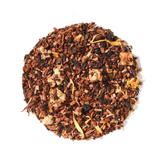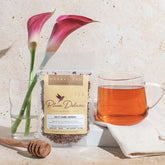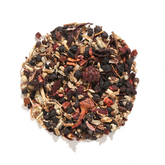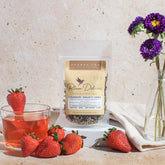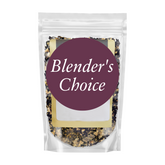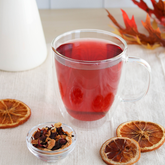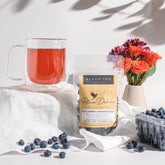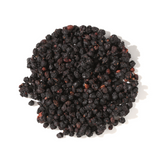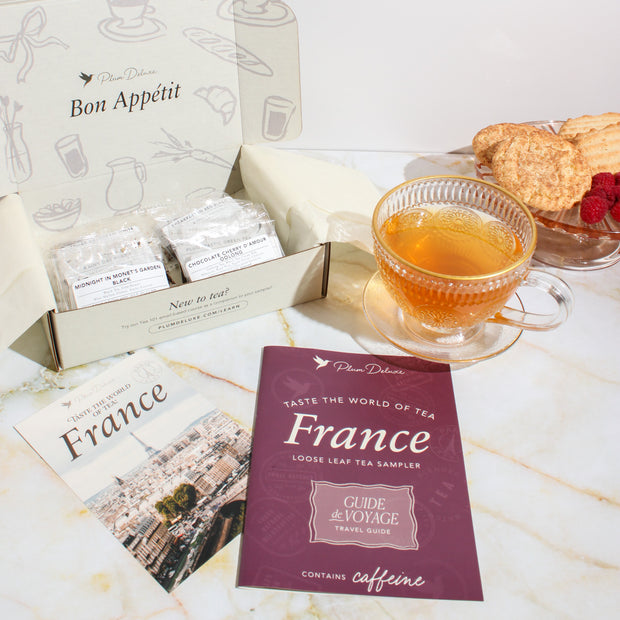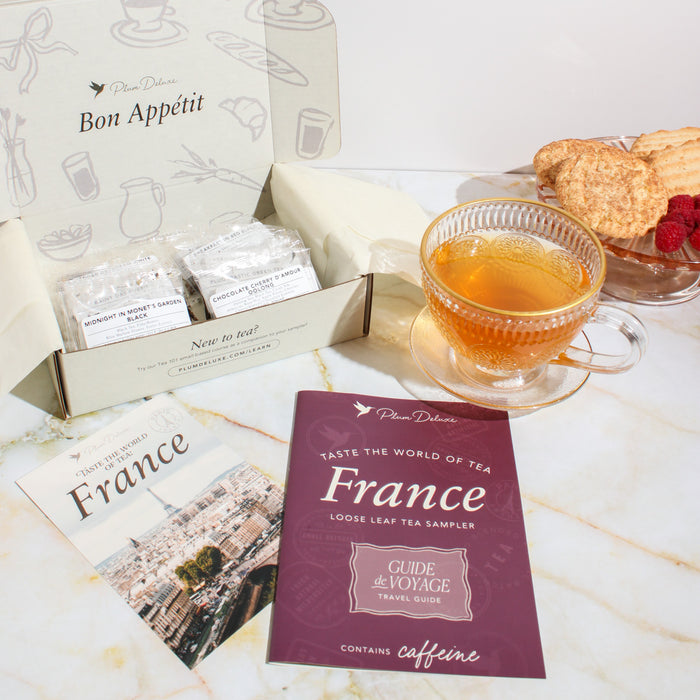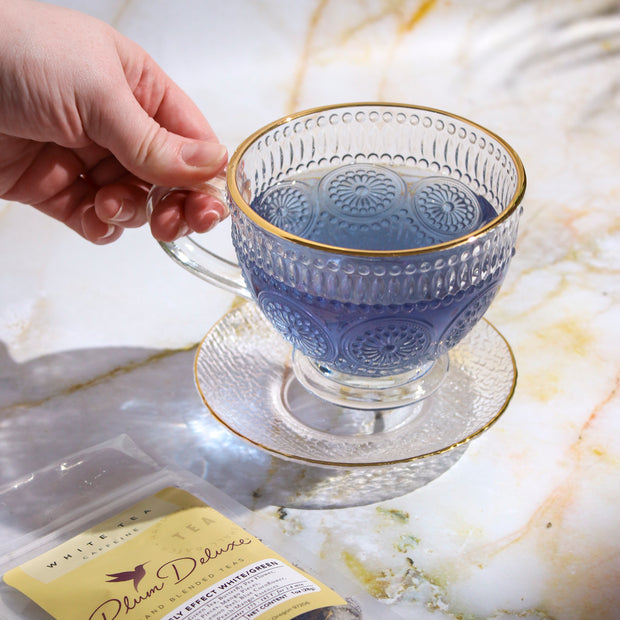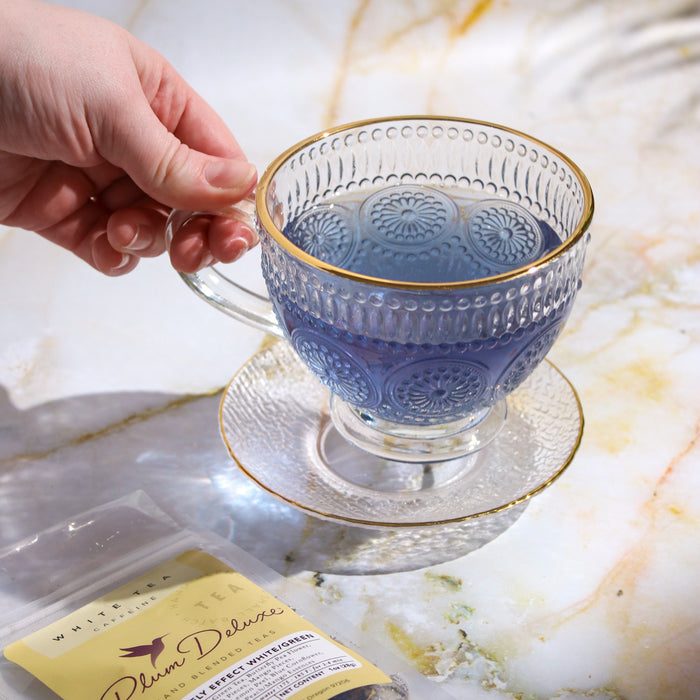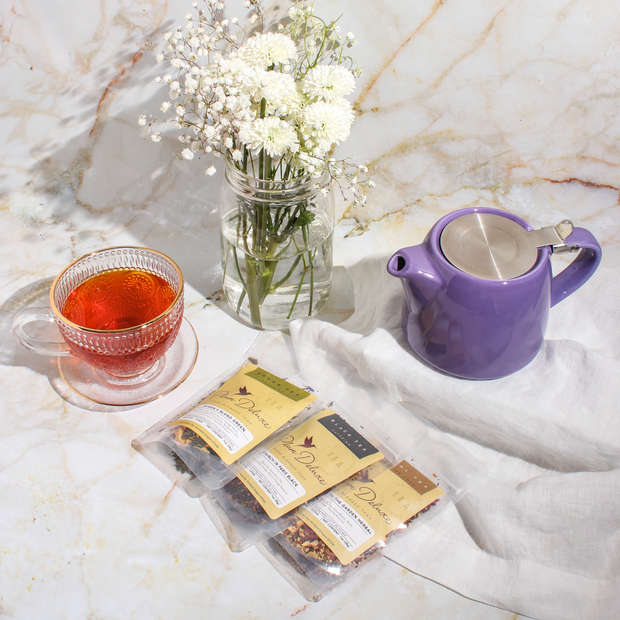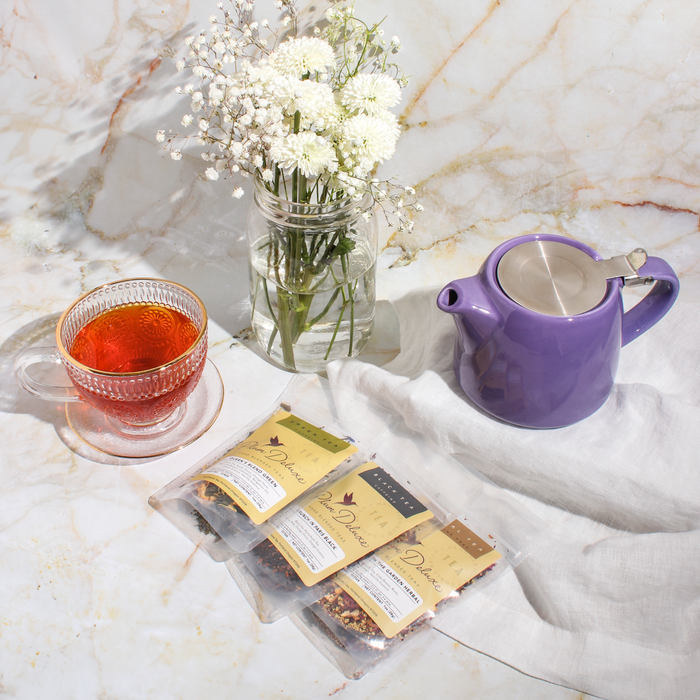
Rapunzel, Rapunzel, Dump Tea on Your Hair!
Let’s be honest: If Rapunzel was a real person, she would have a heck of a time keeping up with that mane. But you, I’m assuming, have a reasonable amount of hair, not a multi-storied building’s worth of hair. No matter the length, using black tea for hair can promote hair health in a variety of ways.
Black tea can:
- Reduce shedding
- Soften and shine
- Strengthen
- Stimulate blood flow
Because of its high caffeine levels, black tea is an especially effective hair treatment if you tend to shed a lot or have noticed a little thinning at the top. A tea rinse for twenty minutes to an hour, once or twice a week, can do wonders to lock in those locks.

A few caveats, however:
Tea can affect the color of your hair
Have you ever noticed that tea is really good at staining things? Like your favorite mug? Or your teeth? Turns out that powerful pigmentation also applies when tea is soaked in hair.
For that reason, people with lighter colored hair may want to avoid a black tea rinse. Rapunzel, for instance, with her yards of platinum tresses, would be better off with a chamomile rinse, which can actually brighten blonde hair and play up natural highlights. Red Riding Hood, on the other hand (she was a redhead, right?) would be better off with a rooibos rinse. And Snow White would be perfectly safe with a black tea rinse. To sum up (and ditch the fairy tale theme for a moment):
- Black tea for brunettes
- Chamomile tea for blondes
- Rooibos for redheads
Tea can dry out your hair
The hero of our story, caffeine, comes with a fatal flaw: it dries out hair. We forgive it, though, for all the good work it’s doing to fight off that fiendish DTH. And there’s a simple workaround: after a tea rise, be sure to deep-condition your hair. Problem solved! DTH is blocked, and your hair has all the moisture it craves. Win-win.
Even with the deep conditioning, however, a tea rinse should not be an every-day tool in your haircare arsenal. At most, you want to do it once or twice a week. If you’re prone to dryness, you might want to cut that back to a couple times a month, and consider a green tea, which can help reduce dandruff.
Keeping in mind the dehydrating effects of caffeine, it’s also important to note that you should not leave a tea rinse in your hair indefinitely or for an extended period of time. That’s why it’s called a “rinse.” You rinse your hair with it, and then you rinse it out. Rumor has it, a rinse will also make your hair smell if you don’t wash it out. No, thank you.

Lather, Rinse, With Tea
So let’s get down to nuts and bolts. How does one actually do a tea rinse? The process is simple.
1. Brew a strong batch of your favorite black tea.
I love Reading Nook because not only does it smell delicious, but the rose, chamomile, and lavender included in the blend all have their own soothing properties. Delightful Morning Earl Grey with lavender is another excellent choice. But any black tea will do the trick!
2. Allow the tea to cool.
You could also cold brew the tea to avoid waiting for the rinse to come down to temperature.
3. Apply the tea to clean, damp hair.
(That’s important: be sure your hair is washed before you use the rinse.) Then massage it into your scalp, concentrating on the scalp, not the rest of your hair! It’s okay if the tea gets into your hair – of course it will, since you’re dumping it right onto your head – but you want to stimulate your hair follicles at their base and avoid drying out the rest of your hair. So focus on that scalp!
You can use a spray or squeeze bottle if you’d like, concentrating the rinse on individual sections of your scalp at a time. Or you can do what I did: simply dump the tea over your head a bit at a time, massaging as you go. This might go without saying, but be sure you’re in the shower or leaning over a tub or sink, especially with the dumping method. The process can get messy, and remember: tea stains!
4. Relax.
Once you’ve thoroughly massaged the rinse into your scalp, secure your hair in a towel, shower cap, or plastic wrap. Go about your business for a while, anywhere from fifteen minutes to an hour. Read a book. Bake some scones. Maybe give yourself a nice tea facial.
5. Rinse.
When the time is up, simply rinse your hair with warm water, massaging until the tea is completely removed. (With all that massaging, you know this is great for circulation. Another plus for stimulating hair growth.)
Follow up with that deep conditioner, and enjoy beautifully luscious locks that would make even Rapunzel sigh with envy.
Black Tea Hair Rinse
Strongly brew 2-4 cups black tea* and allow to it cool, or cold brew overnight.
Apply tea to clean, damp, detangled hair and vigorously massage into scalp.
Wrap hair in towel, shower cap, or plastic wrap. Allow it to sit for fifteen minutes to an hour.
Rinse tea out of hair completely using warm water.
Follow up tea rinse with a deep conditioner.
*If you’re not sure what to use, Reading Nook and Delightful Morning are highly recommended

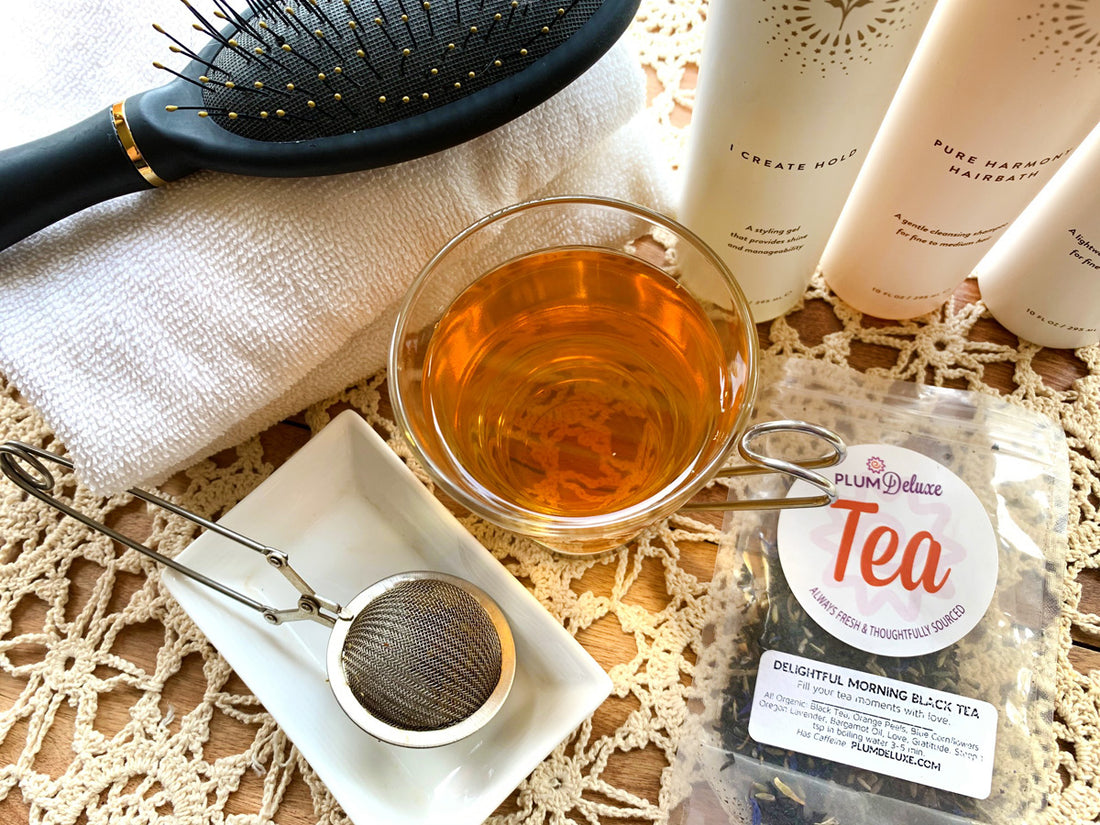
![Spring Tea Variety Pack [6-Pack Variety of Flavors]](http://www.plumdeluxe.com/cdn/shop/files/night-blooms-variety.jpg?v=1709167159&width=165)


